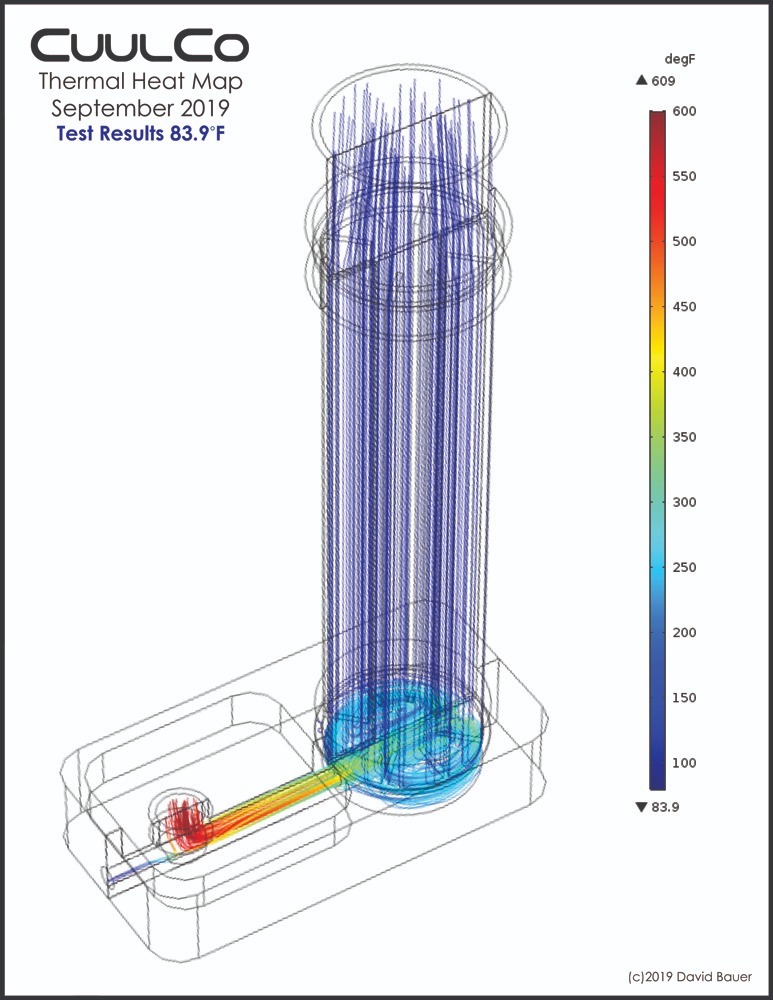Official position concerning smoking marijuana from Government Agencies, Health Institutions and Professionals
The CDC's position is that smoking marijuana is unsafe and carries negative health consequences, even if it's legal in
some states for adult use. Smoked cannabis damages lung tissue, increases the risk of cancer, and impair brain function, especially for young people.
The Centers for Disease Control and Prevention (CDC).
NIDA's position is that smoking marijuana has negative health effects, including potential harm to the lungs, brain, and
immune system, and can lead to addiction. The institute emphasizes the potentialfor adverse short and long-term
consequences from regular marijuana use, particularly during adolescent development, and advocates for continued
scientific research into its effects and policies surrounding it.
The National Institute on Drug Abuse (NIDA).
The ALA cautions the public against smoking marijuana because it contains the same toxins and carcinogens found in
tobacco smoke and can cause lung damage, including inflammation, scarring, and increased risks of chronic bronchitis.
The American Lung Association (ALA).
The (HHS) Department recommended rescheduling marijuana to a Schedule III Controlled Substance in August 2023,
recognizing its potential medical uses and lower public health risk compared to other Schedule I Drugs. The U.S.
Department of Health and Human Services (HHS).
RCPE published: There is an emerging concern among many respiratory physicians who would suggest that
habitual smoking of cannabis may contribute to the development of chronic obstructive pulmonary disease,
respiratory infections and higher risks of lung cancer
Royal College of Physicians of Edinburgh.
Smoking marijuana may do more damage to lungs than cigarettes, a new study suggests. The study, published in
the Journal Radiology, found marijuana may be linked to an increased risk of emphysema over smoking tobacco
alone. Emphysema is a condition where the lungs’ air sacs (Alveoli) are damaged until they eventually rupture,
It can cause a long-term cough, shortness of breath and wheezing, and it's irreversible once it develops.
Mayo Clinic – Private American Academic Medical Center.
“A burning leaf is a burning leaf ... the lung doesn’t know the difference if it’s tobacco or marijuana.”
— Dr. David Kaminsky, a pulmonologist and professor of medicine at the University of Vermont
The American Lung Association advocates smoke is harmful to lung health and that marijuana “has been shown to
contain many of the same toxins, irritants and carcinogens as tobacco smoke.” While other experts agree, they also
argue inhalation offers the most efficient means to benefit from the drug. Inhaling cannabis triggers chemicals that
can quickly relieve pain, nausea and severe autism episodes among children. What is needed is a safer smoking pipe.
Dr. Jordan Tishler, Harvard Medical School and President of the Association of Cannabinoid Specialists.



